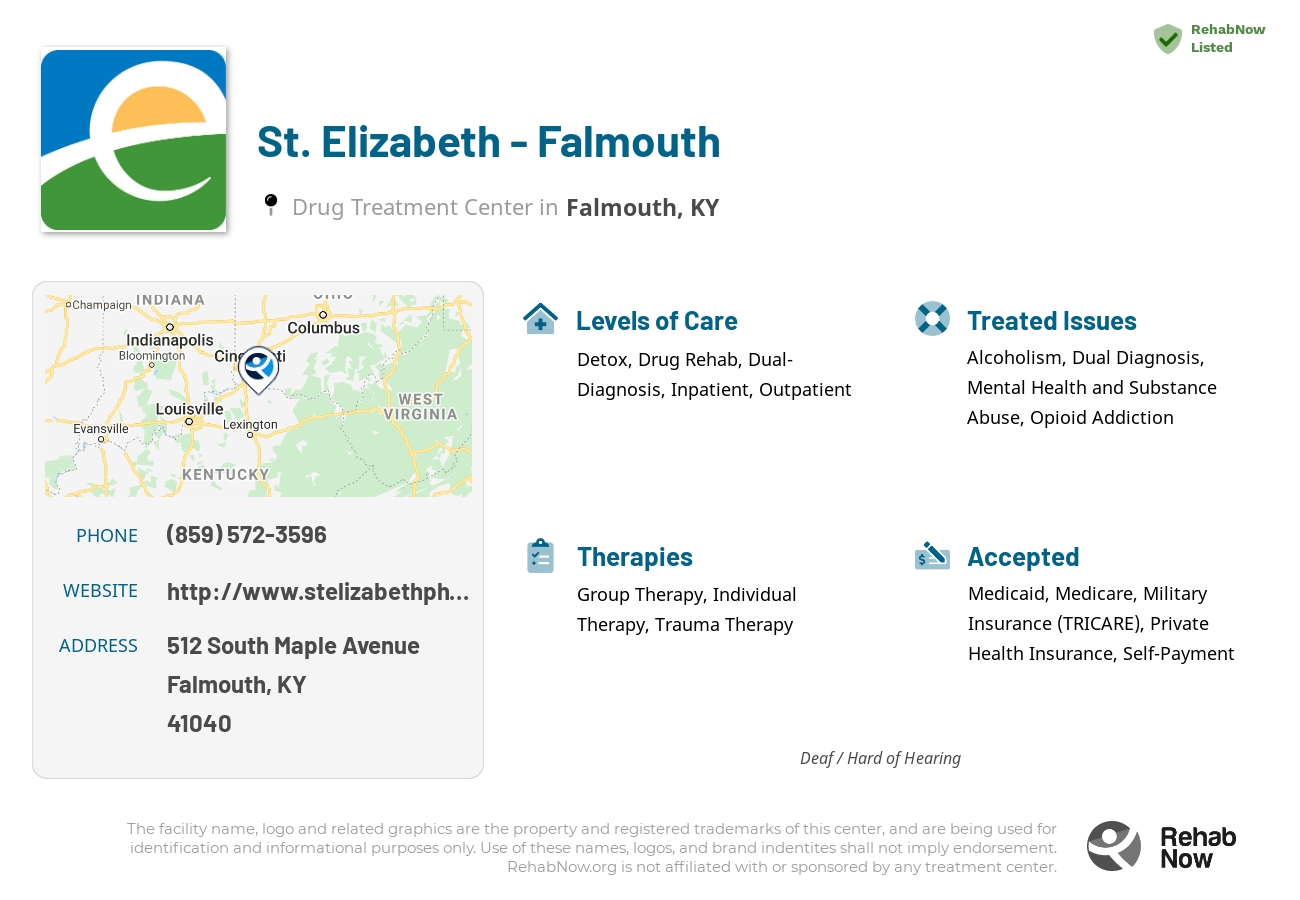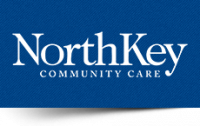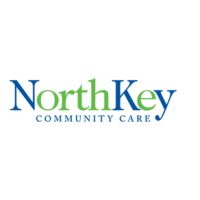St. Elizabeth - Falmouth
Drug Rehab Center in Falmouth, Kentucky
St. Elizabeth - Falmouth is a comprehensive health care facility in Falmouth, Kentucky, offering inpatient and outpatient programs for individuals struggling with addiction and substance abuse, as well as comprehensive medical care, mental health services, and personalized treatment plans.
About St. Elizabeth - Falmouth in Kentucky
St. Elizabeth - Falmouth is a 20 bed addiction treatment facility located in Falmouth, Kentucky. It is committed to providing comprehensive and compassionate care to those suffering from alcohol and drug abuse. They offer detox, drug rehab and dual-diagnosis, as well as inpatient and outpatient levels of care. All of their services are tailored to meet the individual needs of each and every patient.
At St. Elizabeth - Falmouth, their highly qualified team of licensed addiction professionals are dedicated to helping patients achieve lasting recovery. Through evidence-based treatments such as cognitive behavioral therapy and medication management, they are able to help patients reach their desired goals. In addition to their staff of specialist, the facility is also accredited by the Commission on Accreditation of Rehabilitation Facilities and licensed by the Kentucky Department of Behavioral Health and Developmental and Intellectual Disabilities. With their combination of highly qualified staff and accredited standards of care, St. Elizabeth - Falmouth is committed to providing the highest quality of care and support to those suffering from substance abuse and addiction.
Genders
Ages
Modality
Additional
Conditions and Issues Treated
Opioid addiction is when someone becomes addicted to opioids. This can happen quickly due to any opioid use. Opioid withdrawal can be uncomfortable and lead the user to continue using even if they want to quit. It’s best to receive inpatient treatment for detoxification.
Even if a person doesn’t need inpatient treatment, it’s recommended to start rehabilitation or at least some kind of outpatient treatment. This is because the withdrawal symptoms from opioids can be uncomfortable and unpleasant, to the point that a person could end up using again or worse.
Detoxification should be done to break the physical addiction of opioids. This can be done with opioid replacement therapy, medication-assisted therapy, or a more traditional detoxification program. Intensive outpatient treatment is a form of addiction care that allows patients to continue living at home while undergoing treatment. This type of care is appropriate for patients who have been treated in residential treatment programs. Intensive outpatient programs include regular visits to the facility providing therapy, and patients gradually return to their routine life. IOP benefits most when patients have a supportive family member or friend to help them recover.
The first step to getting into an intensive outpatient program is to attend a detoxification facility. Detoxification facilities are designed to remove substances from the body safely. The patient will attend sessions designed to help them understand their addiction and its impact on their lives. While in an intensive outpatient program, therapy sessions are scheduled three to five times per week, with the patient attending no more than two sessions in one day.
Dual Diagnosis therapy is considered more successful than traditional rehab methods because it treats the addiction and the underlying mental health disorder simultaneously. This comprehensive approach gives Falmouth, KY patients the best chance for long-term recovery. If the patient does not receive treatment for both conditions, they are more likely to relapse.
Levels of Care Offered
This center offers a variety of custom treatment tailored to individual recovery. Currently available are Detox, Drug Rehab, Dual-Diagnosis, Inpatient, Outpatient, with additional therapies available as listed below.
Detox is the process by which toxins are removed from the body. In substance abuse, detox refers to the process of getting rid of the drugs that are already there in the system once the patient stops its further intake. Detox is the initial step in the recovery process. The physiological dependence on the drug over a period can lead to withdrawal symptoms.
Depending on the severity of the symptoms, the detox process is managed either medically or clinically. While Medically assisted detox relies on the usage of specific medicines, clinal or social detox relies on providing emotional and psychological support to the patient.
Inpatient facilities offer a complete rehab program where the patient stays for an extended period. This allows the staff to monitor the patient on a round-the-clock basis and provide medical assistance if needed.
A significant benefit of inpatient rehab is that it allows for a safe environment for treatment. The patient doesn’t have access to drugs or alcohol, and they’re surrounded by people that want them to succeed and change their lives. Treatment starts with detox and behavioral therapy, followed by group therapy and family involvement.
Outpatient treatment consists of counseling and therapy sessions. The outpatient treatment process begins with the addict’s initial detox period, lasting about ten days. Outpatient treatment is used for those who are at moderate risk for “slipping back” into the addiction. It is also used for those who are not currently experiencing any side effects from withdrawal, can handle social pressure, have a stable living environment, and have a good support system.
Therapies & Programs
Individual Therapy is a crucial component of addiction recovery. Therapists work with patients to identify the root of their addiction and figure out how to better handle the issues that led to them using drugs. Individual Therapy is one on one sessions where people meet with their therapist. Individual therapy provides a safe space for people to open up and discuss personal and sensitive topics which they may not feel comfortable discussing in a group setting.
In this type of therapy, therapists can develop specific solutions for each patient, which helps speed up their recovery process. In addiction recovery, therapy is a crucial part. It allows patients to go deep into their core issues and discover how those problems can be better handled now. Therapy can be performed in individual sessions as well as group settings. In individual therapy for addiction, the patient meets with the therapist one-on-one to focus on the underlying issues of addiction and come up with solutions to prevent future abuse.
Group Therapy is employed by drug treatment centers like St. Elizabeth - Falmouth to provide the recovering addict with a platform to talk about their feelings and experiences. It also provides for an opportunity to learn from other addicts who have successfully overcome their addiction. It is recommended that all group members be recovering addicts for this type of therapy to work.
This type of therapy involves the use of a variety of therapeutic techniques to help addicts recover from past traumas that might have triggered their substance abuse. During these sessions, therapists will work with the addict to address painful memories and learn how to cope effectively with stressors as they arise.
During these types of sessions, therapists will typically focus on three main goals:
- Identifying and expressing painful emotions associated with past traumas.
- Reducing the effects of stress on an addict’s life by developing more effective coping mechanisms.
- Developing healthy ways of thinking about stressful situations that can help addicts avoid substance abuse issues in the future.
This type of therapy is typically used in conjunction with other types of addiction treatment services. By identifying and dealing with the root cause of addiction, most addicts can overcome their cravings and prevent relapse once they leave rehab.
Many different types of addiction treatment services exist to help addicts safely get sober, but it’s important for recovering individuals to find a therapist or support group that will help them address the root cause of their addiction.
Payment Options Accepted
For specific insurance or payment methods please contact us.
Is your insurance accepted?
Ask an expert, call (888) 674-0062
Additional Details
Specifics, location, and helpful extra information.
Falmouth, Kentucky 41040 Phone Number(859) 572-3596 Meta DetailsUpdated November 25, 2023
Staff Verified
St. Elizabeth - Falmouth Patient Reviews
There are no reviews yet. Be the first one to write one.
Falmouth, Kentucky Addiction Information
Kentucky ranks among the top ten states for opioid-related overdoses. Most of these are due to heroin, fentanyl, and prescription opioid use. A little over 11% of the Kentucky population abuses alcohol in a given year. More than 15% of Kentucky adults admit to participating in binge drinking every month.
In 2016, there were 5 drug overdose deaths in Falmouth, Kentucky. The city has been struggling with drug addiction and abuse for many years. In 2013, 8% of adults reported illicit drug use. This is a serious issue that needs to be addressed. There are various types of treatment available in Falmouth, Kentucky. Some popular options include residential rehab, outpatient treatment, and 12-step programs.
Treatment in Nearby Cities
- Barbourville, KY (127.4 mi.)
- Sandy Hook, KY (77.1 mi.)
- Wallingford, KY (43.3 mi.)
- Mayfield, KY (270.7 mi.)
- Ft Mitchell, KY (28.6 mi.)
Centers near St. Elizabeth - Falmouth
The facility name, logo and brand are the property and registered trademarks of St. Elizabeth - Falmouth, and are being used for identification and informational purposes only. Use of these names, logos and brands shall not imply endorsement. RehabNow.org is not affiliated with or sponsored by St. Elizabeth - Falmouth.









